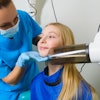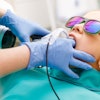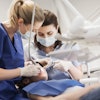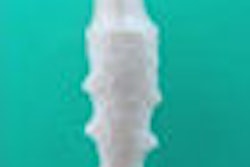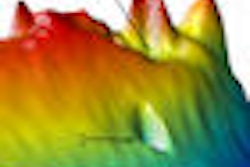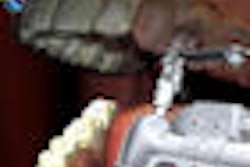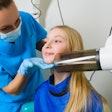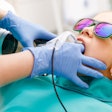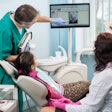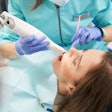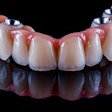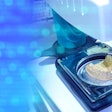In a new approach to an effective "electronic tongue" that mimics human taste, researchers from the University of Illinois at Urbana-Champaign have developed a small, inexpensive, lab-on-a-chip sensor that quickly and accurately identifies sweetness.
Their research was described August 17 at the American Chemical Society (ACS) fall meeting in Washington, DC.
The new sensor, which is about the size of a business card, identified 14 different natural and artificial sweeteners, including sucrose, xylitol, sorbitol, aspartame, and saccharin with 100% accuracy in 80 different trials, according to the researchers. Results are produced in about two minutes.
In the future, doctors and scientists could use modified versions of the sensor for various chemical-sensing applications ranging from monitoring blood glucose levels in people with diabetes to identifying toxic substances in the environment, the researchers said.
"We take things that smell or taste and convert their chemical properties into a visual image," said study leader Kenneth Suslick, Ph.D., of the University of Illinois at Urbana-Champaign, in a press release. "This is the first practical 'electronic tongue' sensor that you can simply dip into a sample and identify the source of sweetness based on its color."
Suslick's team has spent a decade developing colorimetric sensor arrays for this application. Their lab-on-a-chip technology comprises a glasslike container with 16 to 36 tiny printed dye spots, each the diameter of a pencil lead. The chemicals in each spot react with sweet substances in a way that produces a color change. The colors vary with the type of sweetener present, and their intensity varies with the amount of sweetener.
Christopher Musto, a doctoral student in Suslick's lab, said it will take more work to develop the technology into a complete electronic tongue. "To be considered a true electronic tongue, the device must detect not just sweet, but sour, salty, bitter, and 'umami' (meaty or savory)," he said.
The National Institutes of Health funded the research. An Illinois-based company, iSense, is commercializing the technology.
Copyright © 2009 DrBicuspid.com
